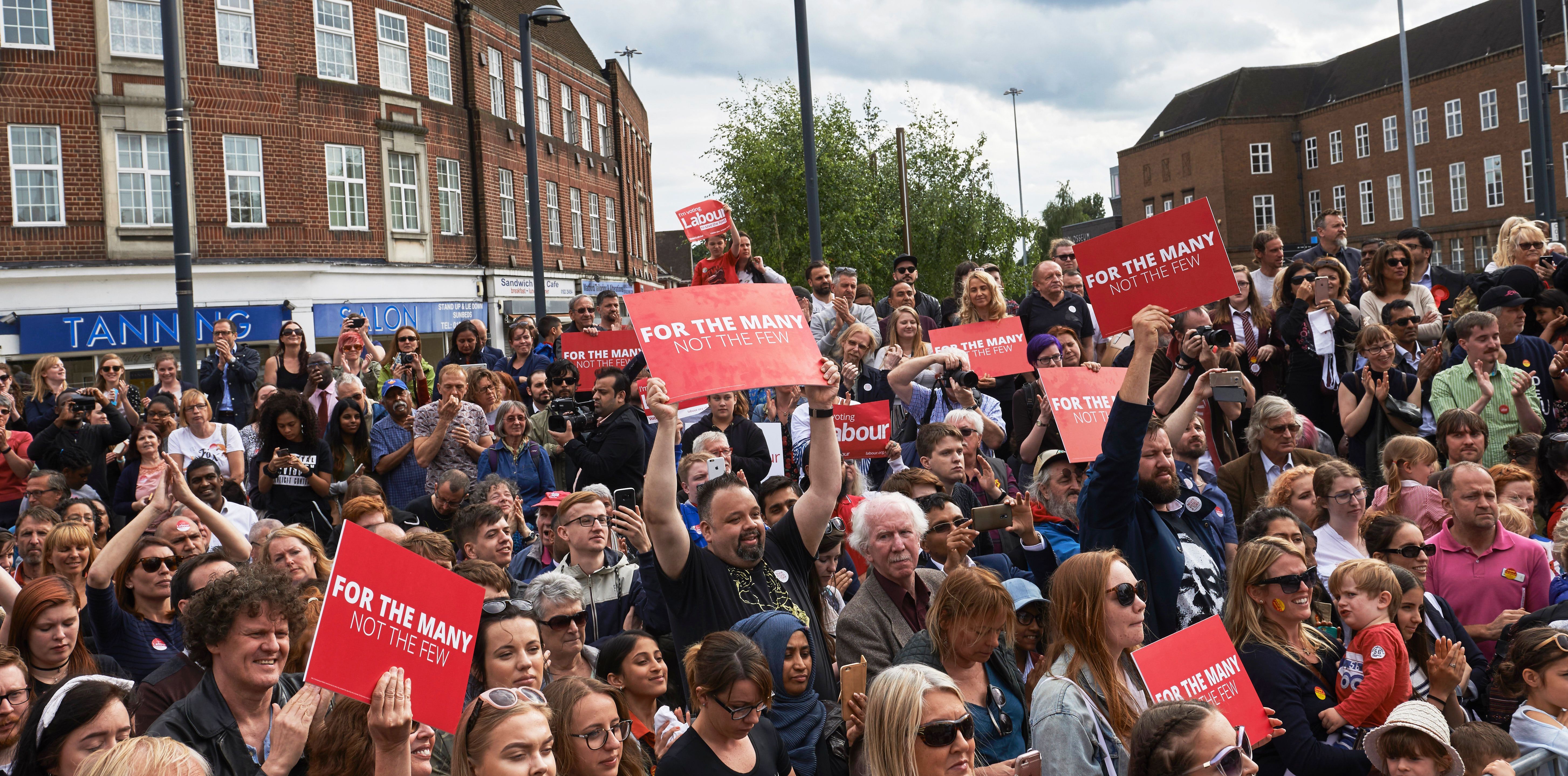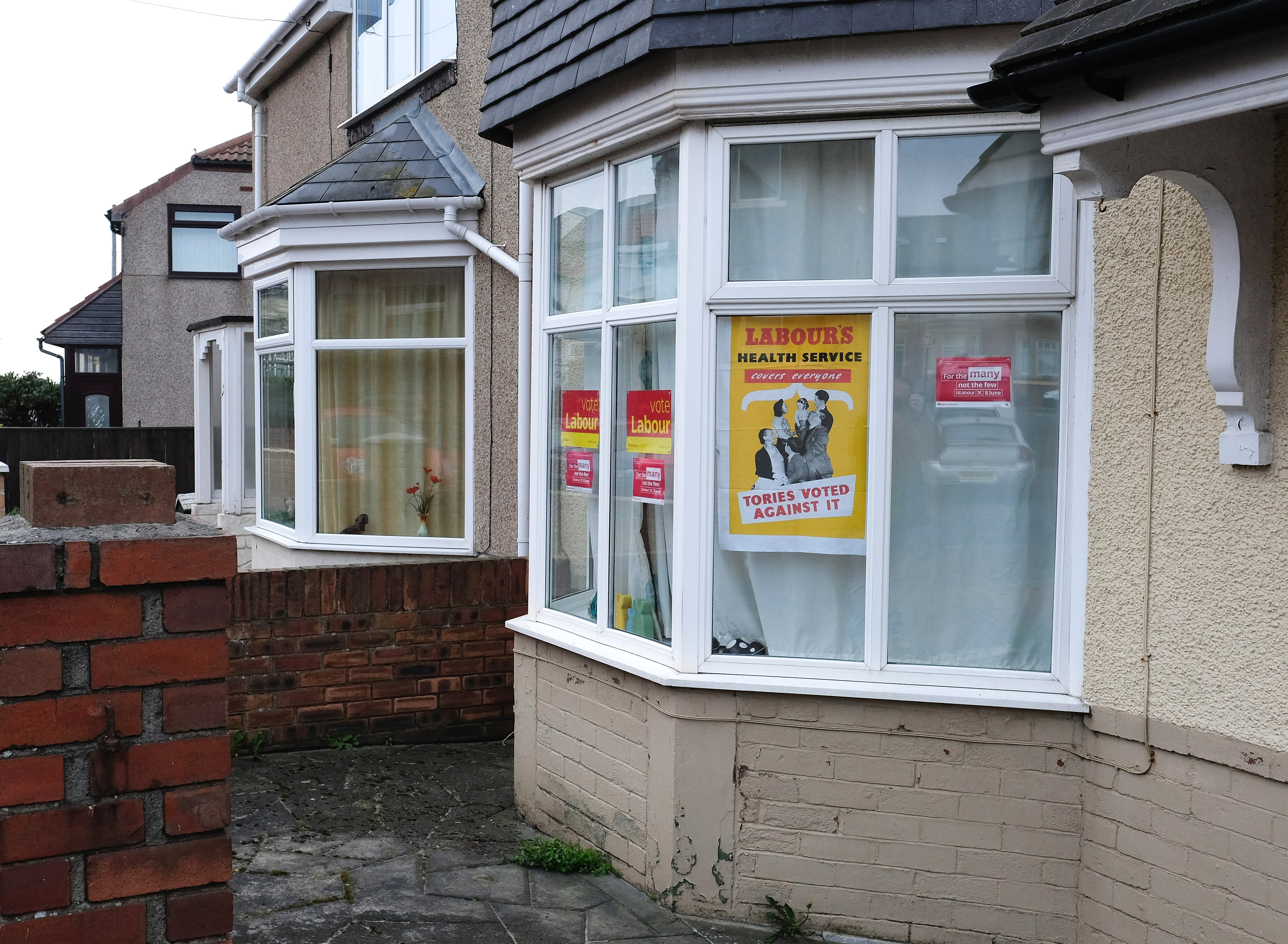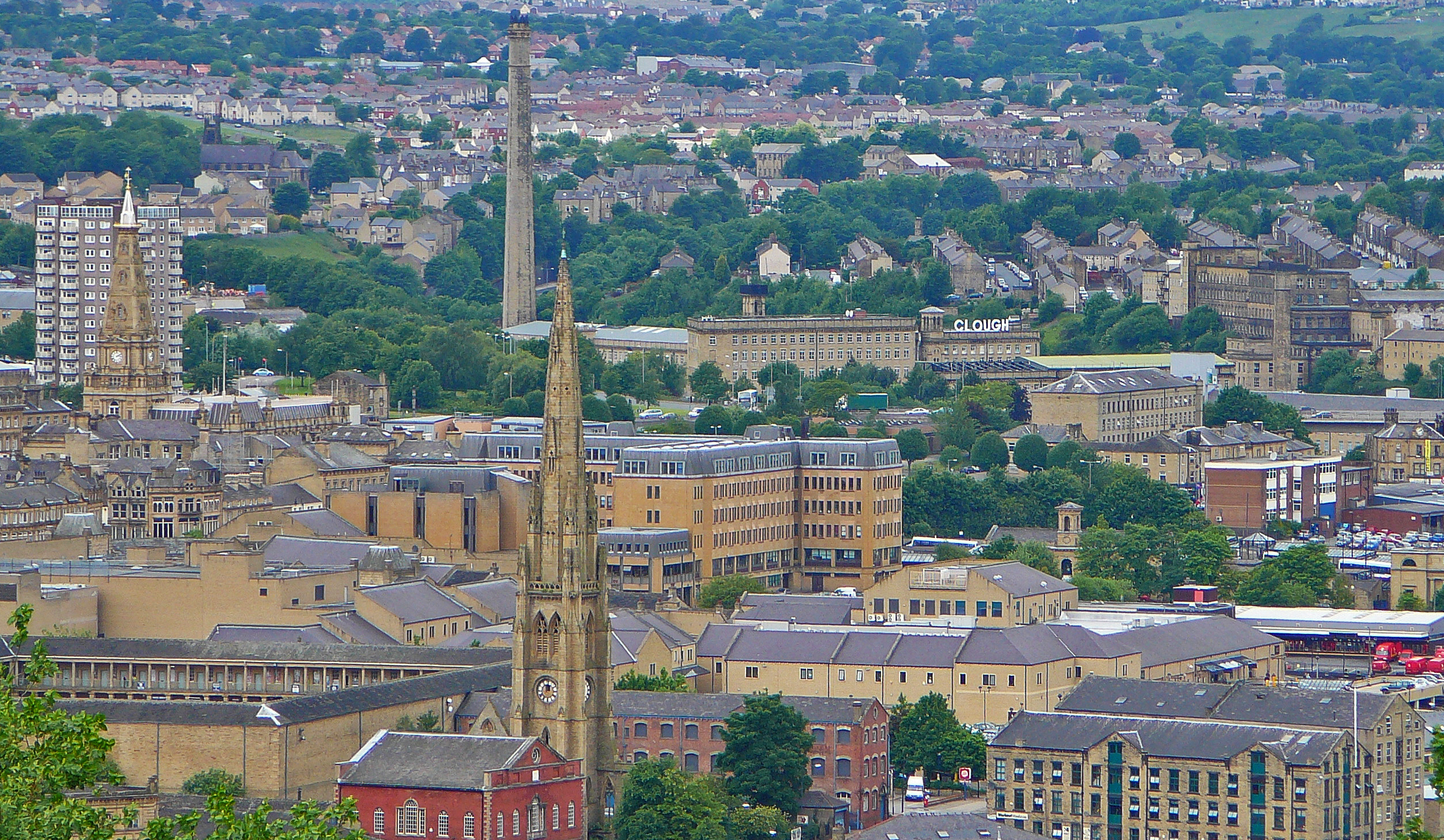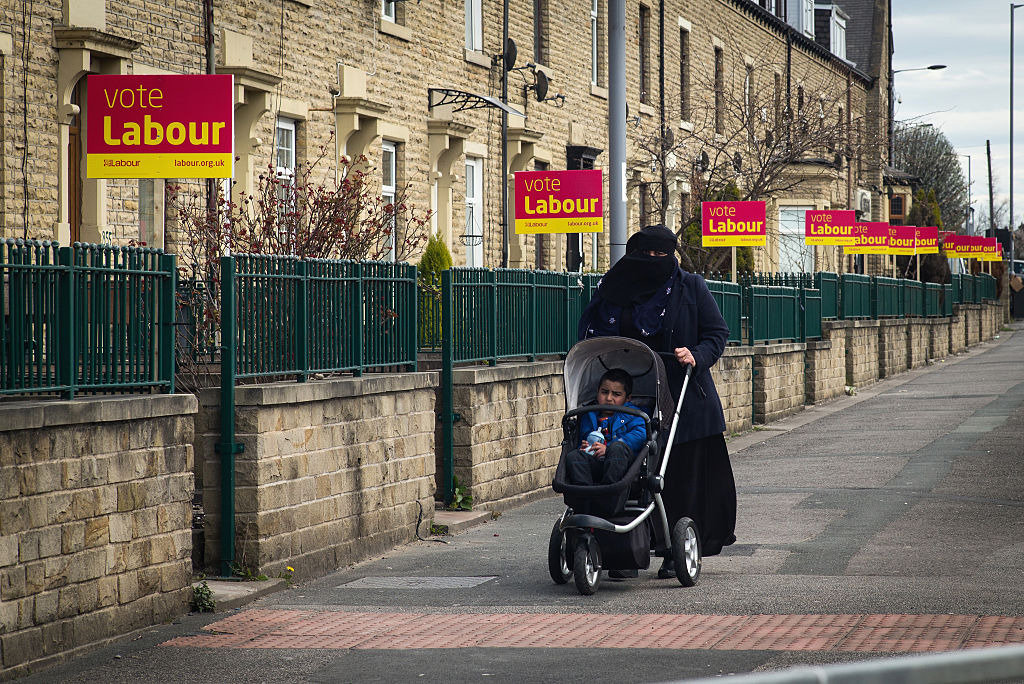
Politics & Society
Uncertainty in the UK

Try as they might, the British Conservative Party still fails to understand the working class
Published 20 June 2017
In the space of a few short weeks of a General Election campaign, the British Conservative Party led by Prime Minister Theresa May went from a 17 seat majority and a 21 point lead over Labour in opinion polls, to just scraping over the line to form a minority government.
A deep-seated sociological reason for why things went so badly for the Conservatives is that they failed to properly understand the motivations of the working class, especially those who had voted ‘Leave’ in last year’s Brexit referendum on the European Union.
The narrow decision of the UK electorate to opt for Brexit rested significantly on working-class voters in Labour’s traditional post-industrial northern heartlands. Chasing this group became a central plank of the Conservatives’ and the United Kingdom Independence Party’s (UKIP) electoral strategies. Nomenclatures were invented to describe the cohort – potential “Working-Class Tories” or “Red-Kippers”.

From the outset of the election, Prime Minister May made clear the strategy of capturing the vote of erstwhile Labour-supporting Brexiters, both in rhetoric and symbol. On top of setting out to establish a mandate for a hard Brexit, the Conservatives promised advances on issues that appeal to the austerity hit working-class, such as infrastructure investment and improvement in public services. And, their campaign was launched further north than ever before, in Halifax, a former mill town and long-time Labour stronghold.
The symbolism was clear – “Labour Party….we are coming to get you”. However, the battle cry turned out to be hubris. Halifax was retained by the Labour Party. And the Conservative Party’s fate in this locale was echoed right across northern-England’s former industrial heartlands. Small gains in the Conservative vote were almost matched by those cast for Labour and, by and large, the Labour Party firmly held its grip. UKIP’s vote collapsed.
The assumption that the Conservatives could capture erstwhile Labour voters who had opted for Brexit underestimates the extent of what I have described elsewhere as Labour Party ‘tribalism’.
Put simply, even if they are so rationally inclined, many English people, especially in the northern post-industrial heartlands, find it emotionally challenging to transgress local and familial traditions of Labour voting. Moreover, these traditions are the seedbed of what we anthropologists often like to call a ‘worldview’.

Importantly, I would suggest, it is a worldview that the conservative media, strategists and politicians rarely understand. The case of working-class perceptions of and responses to the key issue of immigration is illustrative.
In 2016 millions of working-class people voted Brexit precisely because it promised a halt to the free movement of labour from mainland Europe. And, for many people Brexit also conjured an, albeit spurious, perception of curbing immigration per se.
In more extreme fringes of the Conservative Party-supporting press and, more subtly in party campaigning, working-class support for immigration control was often understood and reflected-back as xenophobia. Notably, the folk devils of the EU health tourist, Eastern European welfare scrounger and, especially in light of the terror attacks in Manchester and London, the Islamic Jihadist loomed large.

Politics & Society
Uncertainty in the UK
There was, however, a major flaw in this strategy. The stereotypes may well resonate in the largely middle-class suburbs where immigrants are usually a distant reality. These are the Conservative Party’s strongholds and the places in which it generates its understandings of ‘the people’. However, things are very different in most predominantly working-class areas, where locals are more accustomed to living alongside recent immigrants.
During the election there was no more large-scale expression of this than the choice of local band Oasis’ song Don’t Look Back in Anger as the unofficial anthem of response to the terror attack that befell the northern post-industrial city of Manchester. A sonically moving tune, its lyrical vacuity cried out to be filled with meaning. And, it came to say, ‘refrain from blame’, and, implicitly, refrain from blaming immigrants.
A common sentiment expressed by long-time locals in the northern ex-coal-mining town that I have researched for several years is that the immigrants who came in via EU membership have ‘done a lot more good than harm’. Images of Poles with ‘strong family values’, polite young Spaniards and skilled and cheap Romanian tradies who drive out local cowboy operators, are more commonplace than the folk devils of the conservative press.
Xenophobia is also often undermined by a ‘we were all migrants once’ mentality. Many of northern England’s former industrial conurbations can be traced back no further than the Industrial Revolution, drawing their populations from other parts of Britain and Ireland and, latterly, the Empire. And, burgeoning amateur local and ‘my ancestry’ industries have heightened attention to discovery of such ‘routes’. Furthermore, there are remaining residues of various forms of socialist internationalism that see class, as much as localism or ethnicity, as a significant form of belonging.

Conservative Party strategists ought to have become more aware of these realities after the chastening experience of UKIP early on in the campaign. Seeking to broaden its agenda beyond UK independence from Europe, UKIP attempted to capitalise on xenophobic sentiment. However, this was met by a significant backlash. And, when the party tried to backtrack, by justifying its plan to ‘ban the burqa’ as a means of helping Muslim women overcome vitamin D deficiency, for example, the party was reduced to a laughing stock.
In this way we might begin to understand why, only a year after voting for a Brexit that promised the curtailing of immigration, many working-class people voted against the very political parties that promised to deliver Brexit in its hardest form.
Fears of skilled and cheap foreign workers taking local jobs are not as significant as one might expect. Rather reliance on immigration is widely perceived to have gone hand in hand with the Conservatives’ austerity economics. Immigration is seen to have been a key means of enabling successive British governments not to invest in the development of local human capital.

Politics & Society
The British election: After the terror
In short, the northern post-industrial working-class is, broadly speaking anti-immigration, but not anti-immigrant. Through the xenophobic turn in its campaigning the conservative press and party failed to appreciate this subtle distinction.
By way of a postscript it is worth moving forward a few days from the election. Prime Minister May attended a soccer match in the Stade de France in Paris. She was hosted by Emmanuel Macron, the assertively pro-European French President who has just come to power in a landslide victory. In 2015 the Stade de France was at the heart of a series of coordinated radical Islamic terror attacks which left 129 people dead. In a statement of solidarity with the victims and the people of Paris, Manchester and London, The Republican Guard band played Don’t Look Back in Anger. French and English fans sang in unison.
One could not help but be left with the impression of one leader in tune with both Europe and his nation, and the other much less so. And certainly not with its northern post-industrial working-class.
This article has been co-published with the University of Melbourne’s Election Watch
Banner image: Getty Images